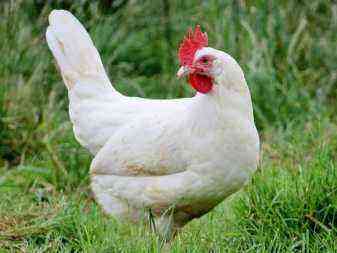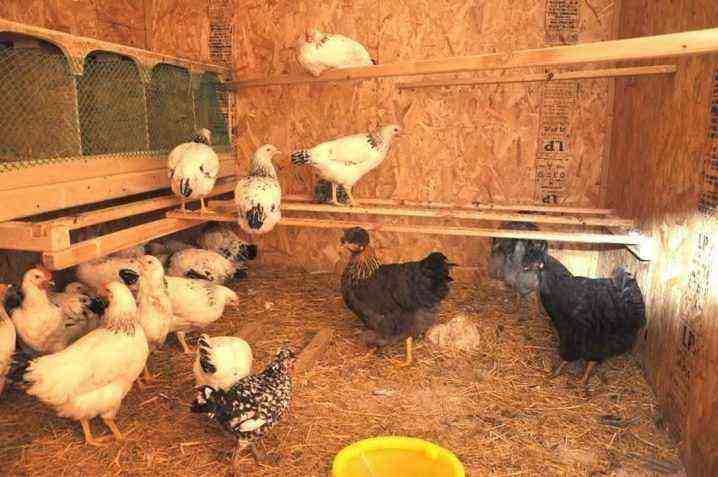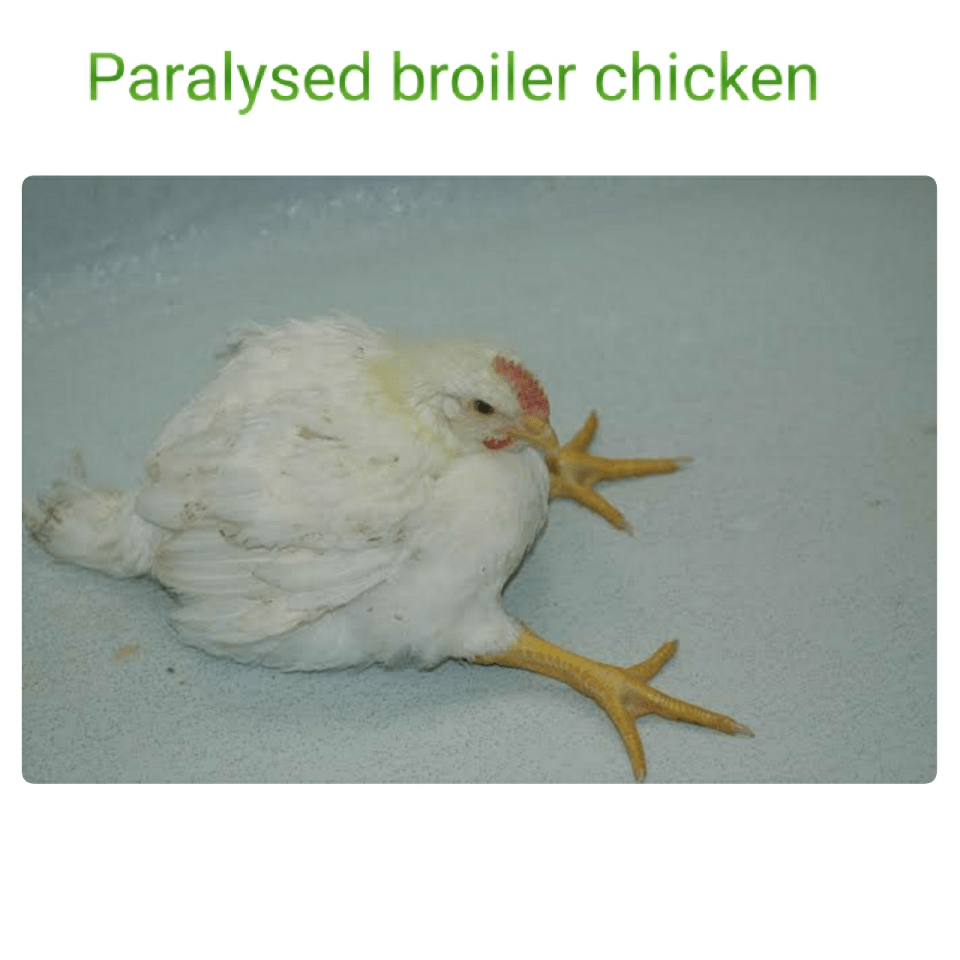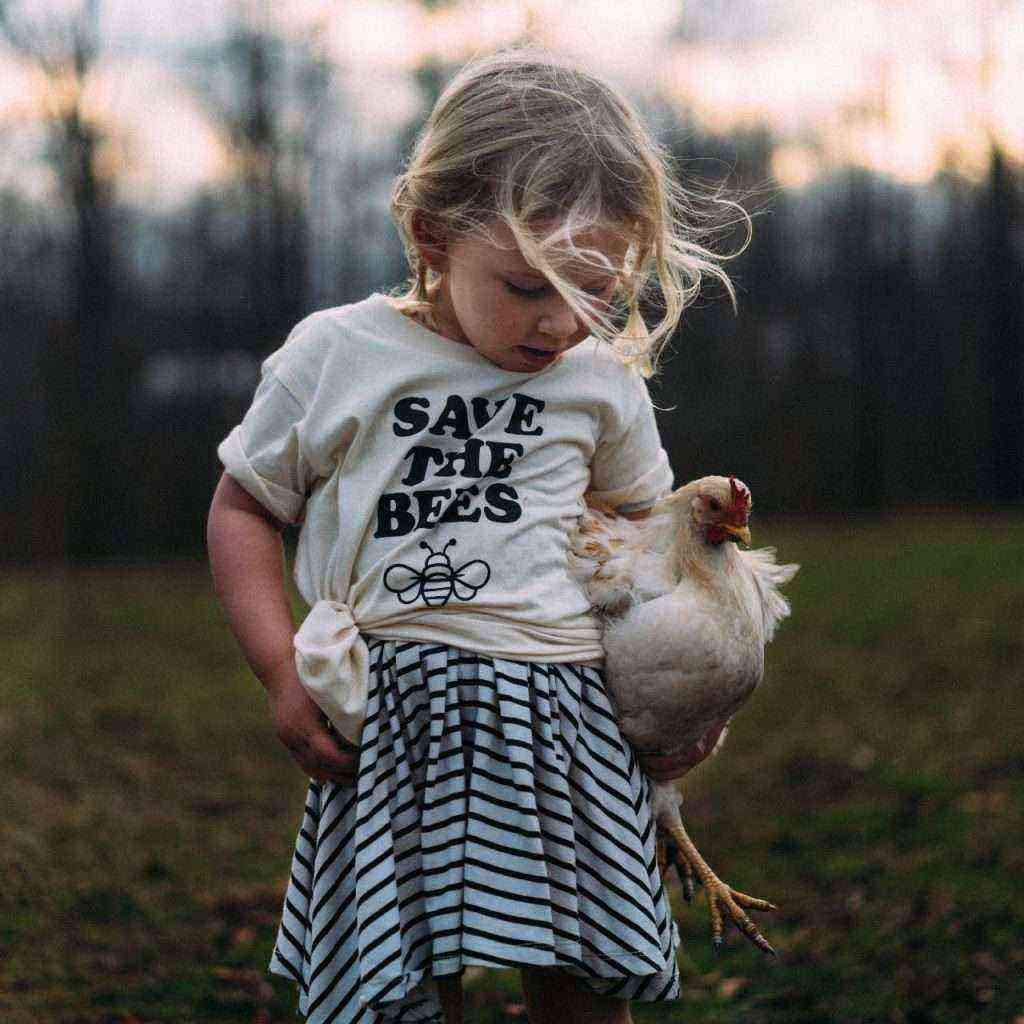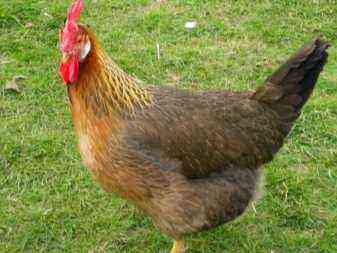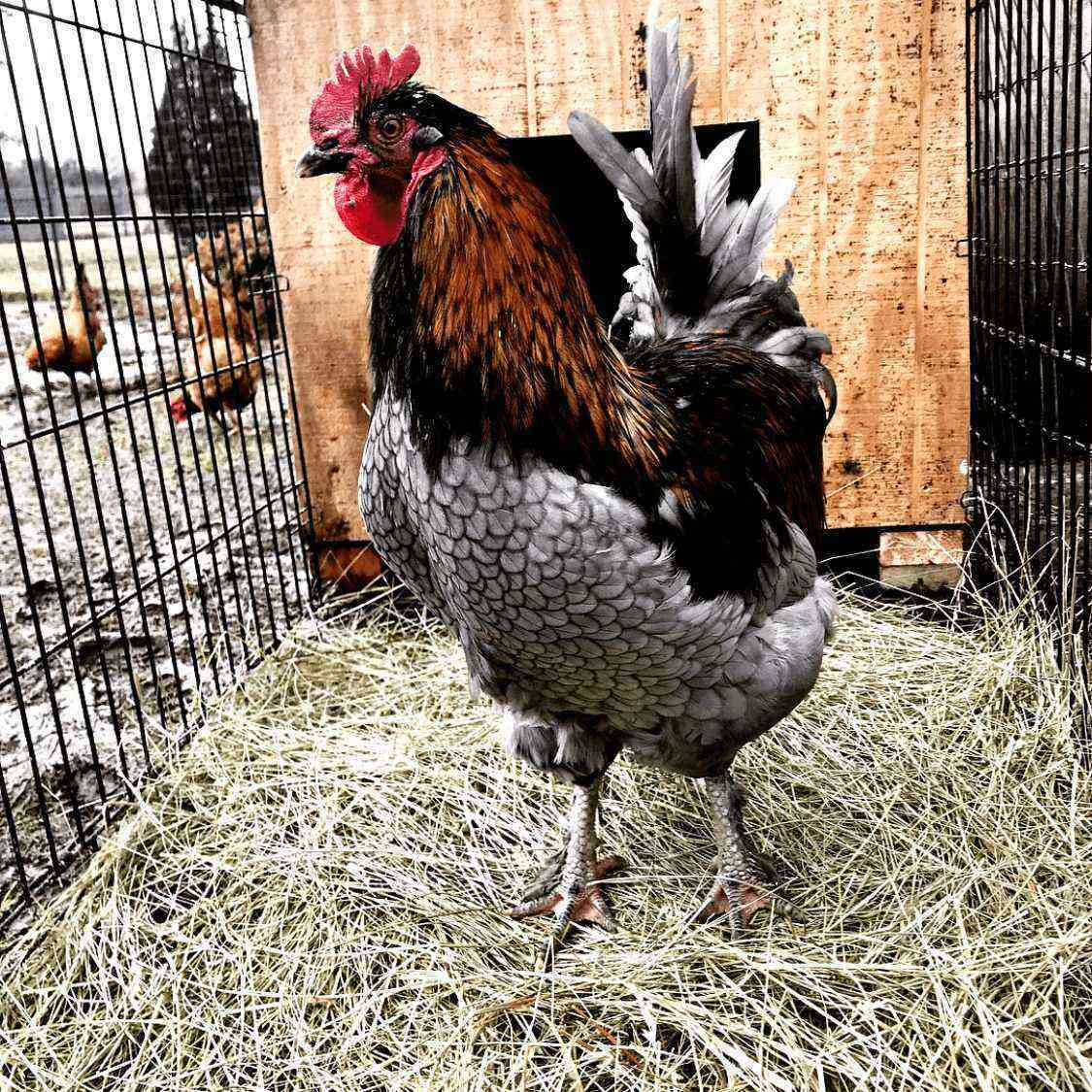Yolk peritonitis is a non-contagious disease that affects laying hens to a greater extent. It is characterized by inflammation of the intestines and abdominal cavity when yolk masses enter it. Cases of simultaneous inflammation in the bird of the ovary and oviduct are not uncommon. However, this disease has a slightly different character.
Basically, laying hens in the most intensive period of oviposition are susceptible to this disease. Yolk peritonitis occurs as a result of a serious metabolic disorder in the bird’s body, with a lack of foods containing calcium, peridoxin, riboflavin, choline, as well as with an excess of substances such as phosphorus and protein.
The disease, which has an acute form, is accompanied primarily by a change in the color and consistency of the litter. It takes on a grey-green color and becomes more fluid than usual. Also, in laying hens, productivity is significantly reduced – oviposition, the eggs themselves are covered with a crust in the form of lime deposits.
Subacute yolk peritonitis is characterized by an increase in the abdomen of feathered pets, pollution of the plumage around the cloaca, feathers fall out on the abdomen, and the skin becomes bluish. Chickens become lethargic, depressed, indifferent to everything, like penguins, their appetite worsens.
At the autopsy of dead individuals, one can observe products mixed with protein and yolk in the oviduct, which is very inflamed. Sometimes the walls of the oviduct do not withstand and are torn, then the entire mass flows into the abdominal cavity. In addition to these organs, changes occur with the spleen and liver, which greatly increase.
The main way to prevent the appearance of yolk peritonitis in chickens is full feeding. In the diet of birds must be present foods rich in vitamins and minerals. If necessary, additional preparations, such as calcium chloride, can also be added to the feed.


